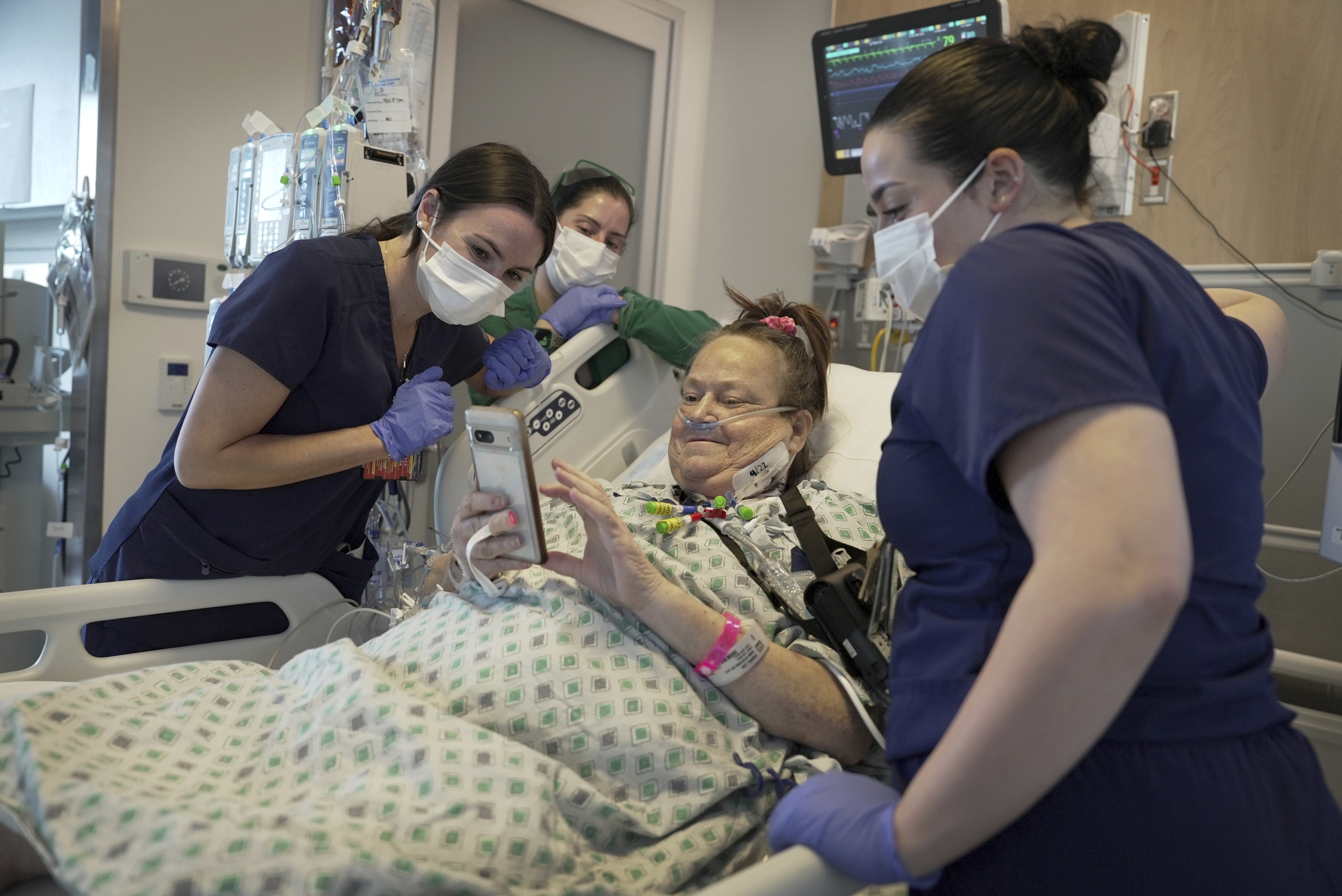Researchers have developed a new tool in the fight against AIDS: genetically engineered AIDS viruses that may help cells protect themselves from infection.
While the treatment has only passed the first step of trials before it may be approved for use, these preliminary results seem to show that genetically-designed treatment holds new promise in the treatment of AIDS.
"Gene therapy has long been discussed as an alternative treatment to HIV," said Dr. Carl June, study author from the University of Pennsylvania School of Medicine.
AIDS is caused by the virus HIV, which infects particular cells in the body and causes the cells to replicate the virus over and over, ultimately shutting down the immune system. Current treatments for this disease focus on preventing the HIV virus from replicating, but these treatments have serious side effects and patients often develop a resistance to them.
That's why researchers keep looking for better treatments to not only help those with the disease, but to also prevent people from getting infected in the first place. Many have considered gene therapy as this new treatment.
Gene therapy is a process by which scientists take a cell and alter its genes in a specific way to control how it acts, called an antisense virus. For HIV, researchers from the VIRxSYS Corporation, took an HIV virus, and removed much of its DNA, replacing it with new genes that, theoretically, would stop the virus from causing damage in the cell.
In the first test of this new treatment, researchers recruited five patients with AIDS who had begun to develop resistance to standard treatment. Each patient had a set number of infected cells removed and re-infected with the manipulated form of the virus. Then, the researchers infused these cells back into the patient.
Health
Two to three years later, four of the five patients in the study had stable or improved immune systems and in three, the viral load had been suppressed. Moreover, none of the patients involved in the study showed any serious side effects from the treatment.
"The results from this Phase I trial are encouraging—particularly because these are late-stage patients—and demonstrate that gene therapy has the potential to treat HIV and other serious human disease," said June.
The researchers caution, however, that their results are very preliminary and merely give them the green light to test this treatment further.



